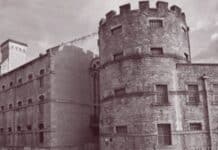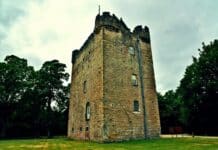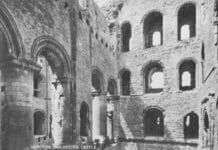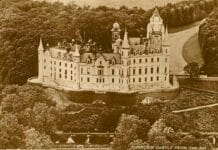Tortured souls and horrors of the past still haunt ancient Colchester Castle in Essex, says RICK HALE
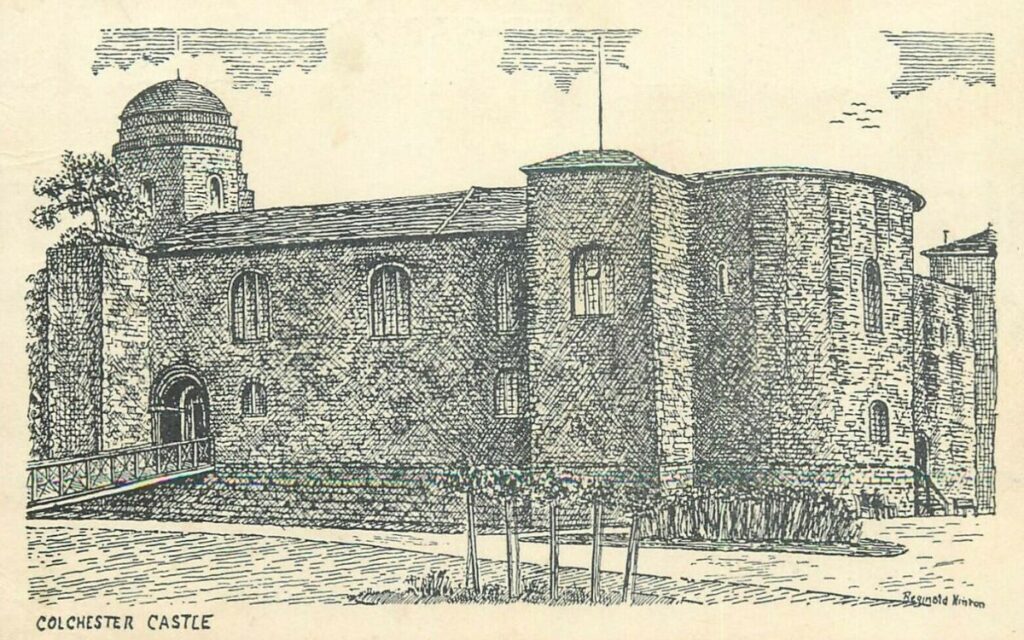
Sitting along the south east of Britain is Essex, an ancient county brewing with timeless tales of bloodshed, vengeful wraiths and witchcraft.
And all three of these come together at Colchester Castle, a haunted stronghold steeped in mystery and untold terrors.
The history of Colchester Castle and the town that bears its name are inextricably linked.
Long before Colchester Castle was built, the foundation on which it stands was a temple dedicated to Claudius, a deified emperor of Rome in 60 CE. A year later, Boudicca of the Iceni attacked Colchester which at that time was known as Camulodunum, the capital city of Roman Britain.
Boudicca, well known for being an incomparable warrior, spared not a single soul from her vengeance.
Every single Roman was put to the blade. No one survived the warrior Queen’s seething rage.
A thousand years later in 1101, William the Conqueror, contracted Gundulf of Rochester to build a castle.
For inspiration, Gundulf looked to the White Tower at the Tower Of London and Chateau d’Lury- La-Bataille in his native Normandy.
Later, King Henry I gave the castle to Eudo Dapifer for his work as a faithful steward to his royal family.
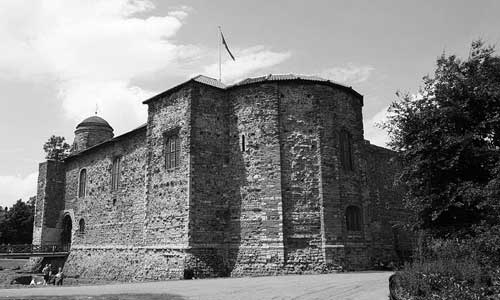
When Dapifer died, the castle reverted back to the crown and became the headquarters of the high sheriff of Essex.
A century later, betrayal and bloodshed returned to Colchester when the First Baron’s War was touched off by John’s refusal to accept the terms of the Magna Carta.
And in 1216, John attacked Colchester Castle. With the castle in his hands, Harengood was reinstated as constable and the French garrison was given safe passage to London.
Over the centuries the castle served many different purposes, including being a prison where Matthew Hopkins, the so-called “Witchfinder General”, tortured many accused witches. More on him later.
Finally in the 1920s, the castle was bought by the Council of Colchester and it was turned into a museum. And has remained that ever since.
Haunting Of Colchester Castle
The tortured souls believed to haunt this timeless castle appear to have free reign of the castle.
However, they all seem to originate from the dark underbelly, the dungeon.
The ghosts that walk the castle are all the victims of the cruel, inhuman punishments they were subjected to centuries earlier. They will forever be denied the peace that only the grave can give them.
The Quaker’s Ghost
According to a long told tale of Colchester Castle, James Parnell was a devout Quaker who served his god with every ounce of his being.
One day in 1656, Parnell was praying at a Congleshell Church when a commotion of some sort broke out.
This may sound strange when one considers that Quakers were notorious pacifists who eschewed any kind of violence.
Parnell somehow got dragged into the conflict and was arrested and charged with blasphemy of all things.
Parnell was ordered to pay £40 to keep himself out of jail. But Parnell maintained his innocence and refused to pay the fine. Needless to say, that was a huge mistake.
The devout man of God was sent to serve out his sentence in the notorious dungeons of Colchester Castle. James Parnell’s fate was sealed
When he arrived at the castle, the gaoler began his torture of James Parnell.
If the man wanted to eat, he had to climb a rope otherwise he’d go hungry.
As Parnell climbed he came within a few feet of his meal when he fell and plummeted to the stone floor below.
Parnell was seriously injured and within days succumbed to his injuries and died. And as you might expect James Parnell has never left.
Visitors to Colchester Castle have reported an unearthly moaning sound coming from the dark recesses of the dark dungeon.
The moan of anguish is believed to be James Parnell in the throes of pain and inevitable death.
Parnell has also been seen wandering the castle reaching out to people and begging for food as well as mercy. Mercy that still eludes him even centuries after his death.
Victims Of The Witchfinder
A fear of witches has always been an ever present one throughout the history of Britain.
If the finger was pointed at you and the word “witch” was uttered, chances are you would be arrested, tortured and more than likely, executed.
During the Civil War one man took up the call to relentlessly hunt down witches wherever they may lurk. The dreaded Witchfinder General, Matthew Hopkins.
Hopkins, a sadistic tyrant, would wander the countryside seeking those ye believed to be in league with Lucifer.
When he found one, Hopkins would drag them back to Colchester Castle where he would subject them to unimaginable torture to get a confession of diabolism.
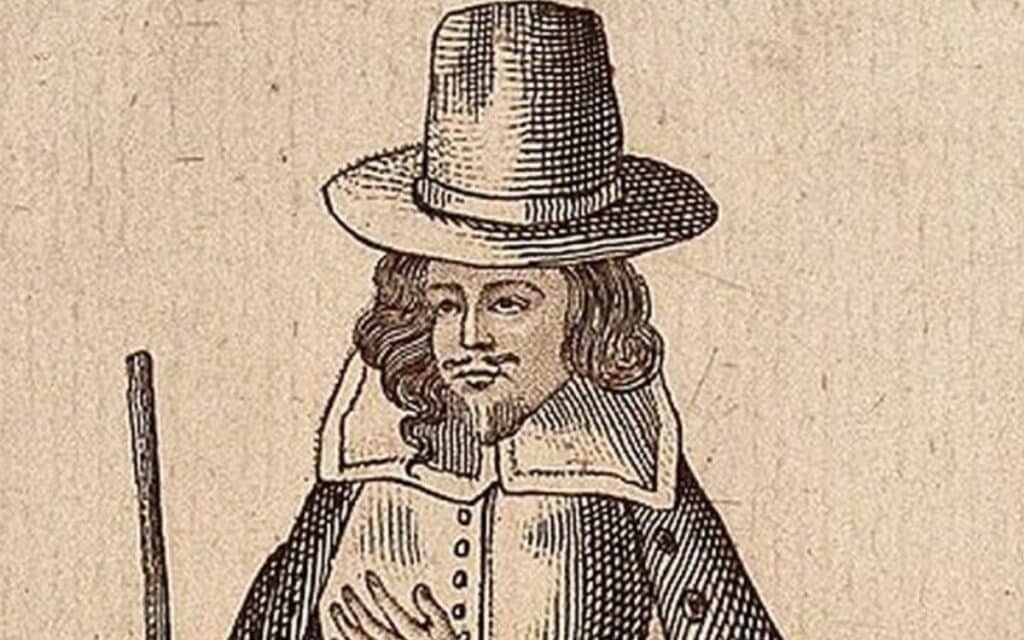
Many perished from their injuries or malnutrition and these poor victims of fanaticism still haunt the castle to this day.
Apparitions of bruised and battered women, presumably the victims of Matthew Hopkins, are seen walking the halls and grounds of Colchester Castle.
They have also been seen hiding in the shadowy corners of the dungeon where they were treated so inhumanely.
Such horrific inhumane treatment must never be allowed to happen ever again.
There is some debate as to the nature of the ghosts who haunt Colchester Castle.
Some believe they are nothing more than an echo of time that replays itself when conditions are right.
While others believe these are the tortured souls of those who will never know rest.
Whatever the case may be, Colchester Castle operates as a museum where one can view a respectable collection of artifacts from Colchester’s long and illustrious history.
Have you seen something strange at Colchester Castle? Tell us about it in the comments section below!


